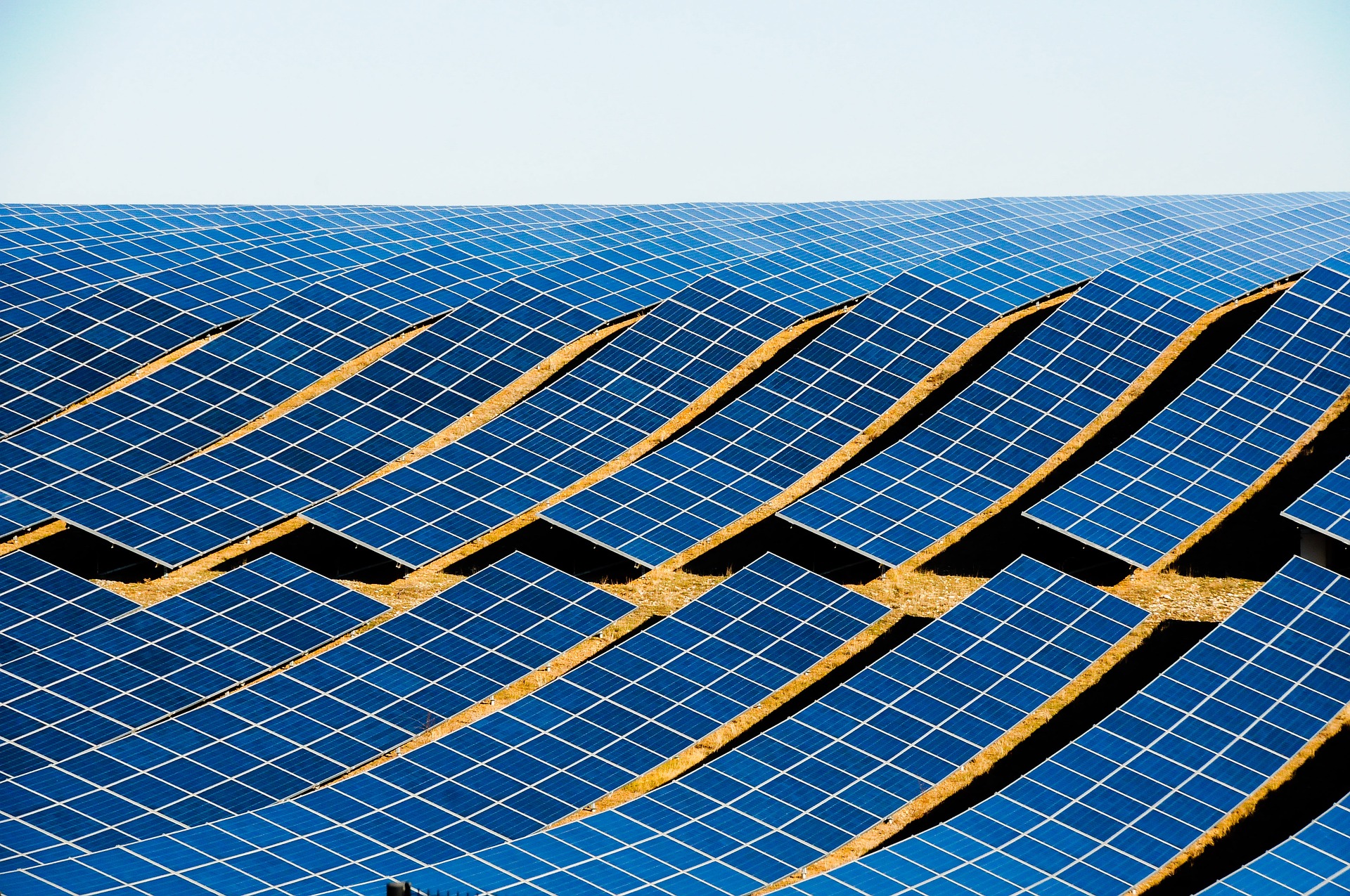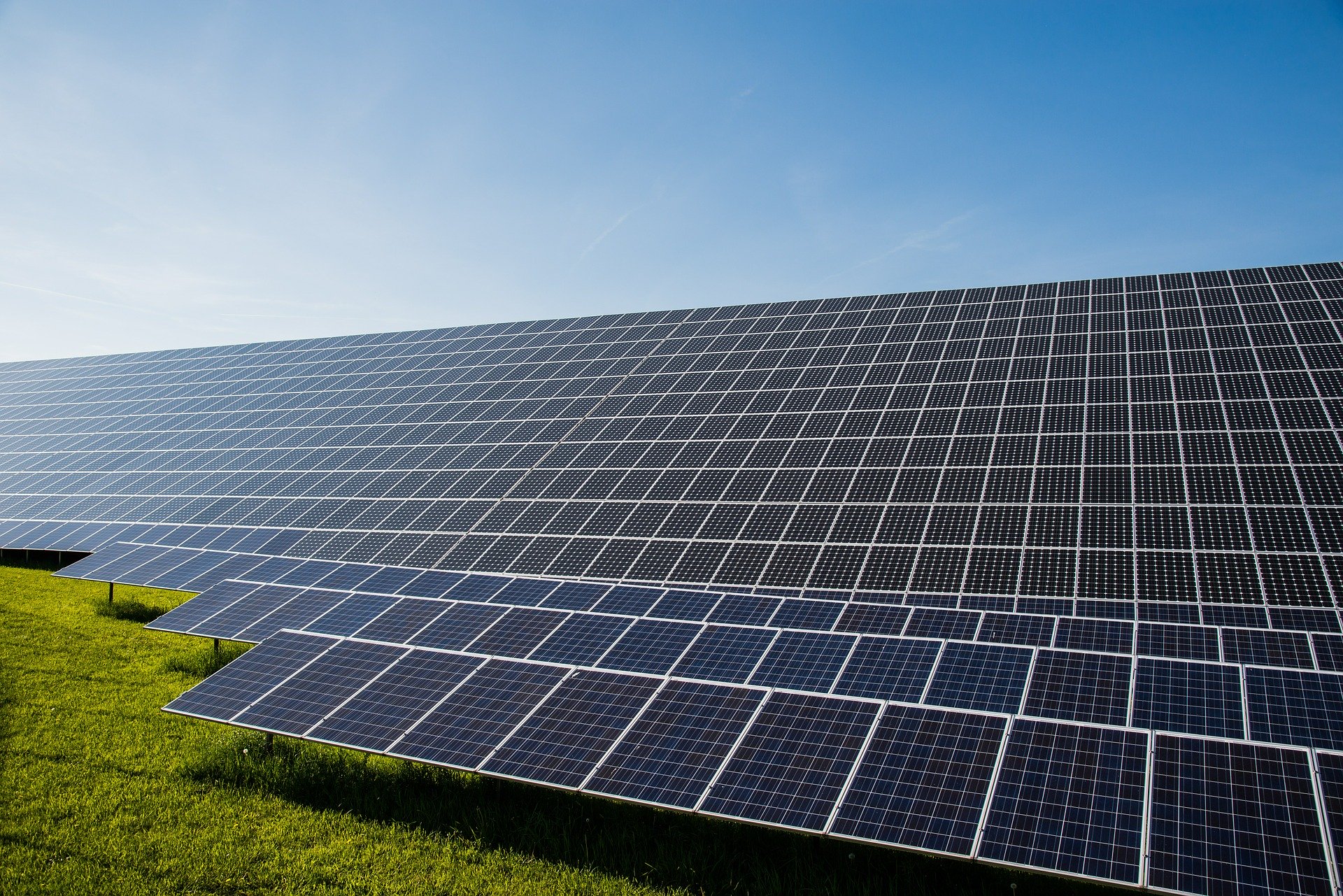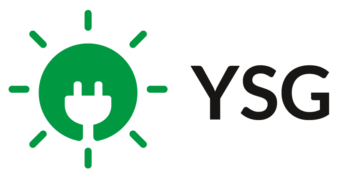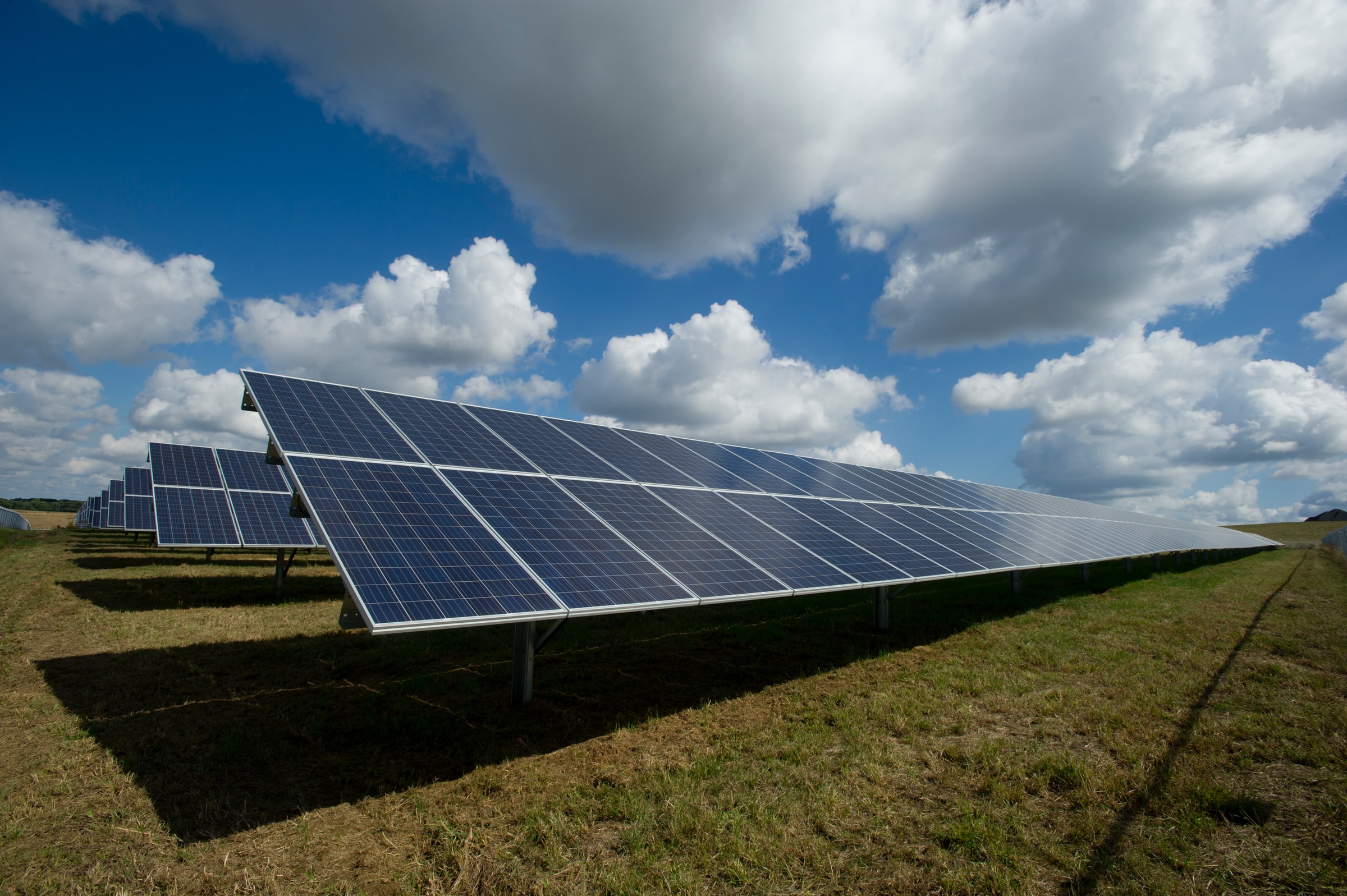A solar land lease is a long-term binding agreement between the involved parties, i.e. the solar developer and the landowner, so it’s vital that landowners are fully informed before signing any agreement. On our previous blog post, we covered the basics of the solar land leasing process, from the site visit to signing the lease agreement, and today we’re going to expand on that. Read on to find out what you should ask a solar developer before agreeing to lease your land for a solar project.
Below, we’ve covered some key questions from the SEIA Guide to Land Leases for Solar, which you can read in full at this link.
What To Ask The Solar Developer
Have you completed large-scale solar projects in my state previously?
If you’re entering into a long-term lease agreement with a developer, you will want evidence of their experience in the solar industry. In particular, you should find out whether or not they’ve completed similar projects in your state in the past. An experienced, established solar developer should have no problem providing you with evidence of, and references for, previous solar projects of a similar nature. You should establish whether or not the company is a member of the Solar Energy Industries Association (SEIA). If you want further evidence of work completed by the developer, you could also consult the Better Business Bureau.
What portion of the land is being leased?
It may be the case that only specific parts of the land are suitable for the solar project, so developers and landowners should be absolutely clear about which portions of the land are being used for solar, and which portions of the land are left available for the landowner’s own use. This should be agreed in writing in a manner which is clear and understandable for all parties involved.
How will non-leased land be impacted?
The land surrounding the leased portion could also be impacted by the solar development, so landowners should keep this in mind before signing an agreement. The developer may need to access the solar project by crossing the non-leased land, and this right to access should be clarified between both parties. If landowners have other plans for the non-leased parcels of land, they should consider whether or not the presence of the solar farm could impact upon these plans. For example, solar developers will often want a guarantee that no new obstructions will shade the panels for the duration of the lease, thus limiting projects on the surrounding land.
How long will the solar land lease run for?
A solar land lease is generally a long-term commitment in excess of 20 years. There may also be an option to extend the lease beyond the initial agreed lease period. Given the long-term nature of these agreements, landowners should carefully consider the implications of the lease in the decades to come. The solar land lease could have an impact on future generations of the landowner’s family as well.
How will rent be calculated?
Typically, the annual rent for a solar land lease is calculated based on the amount of acreage which is leased by the solar developer. However, this can vary from developer to developer, and from project to project, so it’s vital that landowners clarify the rent calculation method for their lease. Some developers may base the rent on the power (MW) of the solar system, in which case the landowner should find out what are the minimum and maximum system sizes which could be installed. Others may offer a base rent plus a percentage of project revenue. This is a riskier proposition than a fixed rent payment, as the base rent will likely be lower than it would in the fixed rent scenario, but the income generated for the landowner could be higher overall if the project is successful. Landowners should also ask if rent payments are scheduled to increase by a certain percentage at intervals throughout the duration of the lease.
Who is responsible for payment of taxes and other expenses?
It is important that landowners consult a taxation professional to clarify the tax implications of any potential solar land lease. The lease itself should make clear who is responsible for payment of real estate taxes, landowner insurance premiums, and any other associated expenses. SEIA recommends considering the following items in particular:
- Is the leased land covering one or more tax parcels, or is it part of one larger tax parcel?
- Will the installation of a solar project qualify the land for any tax incentives?
- Could the solar project cause a loss of tax status due to conversion of the land?
Who is responsible for maintaining the land?
It’s important to clarify which party is responsible for things like:
- Vegetation clearance
- Drainage
- Buffer zones
- Fire safety
- Wildlife
In the event that the solar developer is responsible for these items and fails to carry out the necessary maintenance to the point that it disrupts either the land itself or adjacent land, then a landowner may want the right to reimbursement stipulated in the contract. Additionally, it is important to discuss liability in the event that someone becomes injured on the land. A landowner may request that the developer maintains insurance, or indemnifies the landowner for any claims arising as result of the developer’s use of the land.
Who should the landowner contact if they have questions about the lease, particularly after installation?
If an issue does arise then the first port of call should be the developer. If the landowner and developer have come this far in the process then they should have established an honest working relationship, and be capable of resolving the issue together. However, a landowner is advised to have strong legal and tax counsel to fall back on in the event of any persistent dispute. In the following section, we have outlined the SEIA’s suggestions for resolving any differences between landowner and developer.
These are just some of the key questions for a landowner to ask a developer before leasing their land for solar. For a full list of questions and more in-depth information, consult the SEIA Guide to Land Leases for Solar at this link.
How To Work Out Differences Between Landowner & Developer
A solar land lease is a mutually beneficial agreement for both involved parties, so it’s unlikely that there will be any major disputes between the landowner and the developer. If a landowner has any concerns, a reputable developer will be more than willing to resolve an issue promptly and fairly. The Solar Energy Industries Association (SEIA) offers the following suggestions for resolving contract disagreements, should any arise.
- The best approach to resolve any issue is to just speak directly with the developer and work together toward a resolution.
- Check if the contract has a dispute resolution section/process.
- SEIA may be able to assist in resolving an issue, provided you are working with an SEIA approved solar company.
- If you are working with an SEIA solar company and the issue persists, you may submit a complaint to the SEIA at www.seia.org/consumers.
- Should the issue remain unresolved after speaking with the developer and/or the SEIA, you could contact a private consumer organization, such as the Better Business Bureau, about the issue.
- State and local governments/professional associations also have resources available to assist landowners. Read the complete SEIA Guide to Land Leases for Solar at this link for a full list of available resources.
Better yet, work with an experienced, established developer like YSG Solar and avoid any problems right from the beginning of the talks, through to the conclusion of the solar land lease and beyond.
If you think your land may be suitable for a solar farm and you’re interested in leasing, then reach out to YSG Solar today. Send us an email, or call at 212.389.9215 and we will discuss the possibility of leasing your land, and answer any questions you may have about the process.
YSG Solar is a project development vehicle responsible for commoditizing energy infrastructure projects. We work with long-term owners and operators to provide clean energy assets with stable, predictable cash flows. YSG's market focus is distributed generation and utility-scale projects located within North America.
Sources:
Featured Photo by American Public Power Association on Unsplash.

